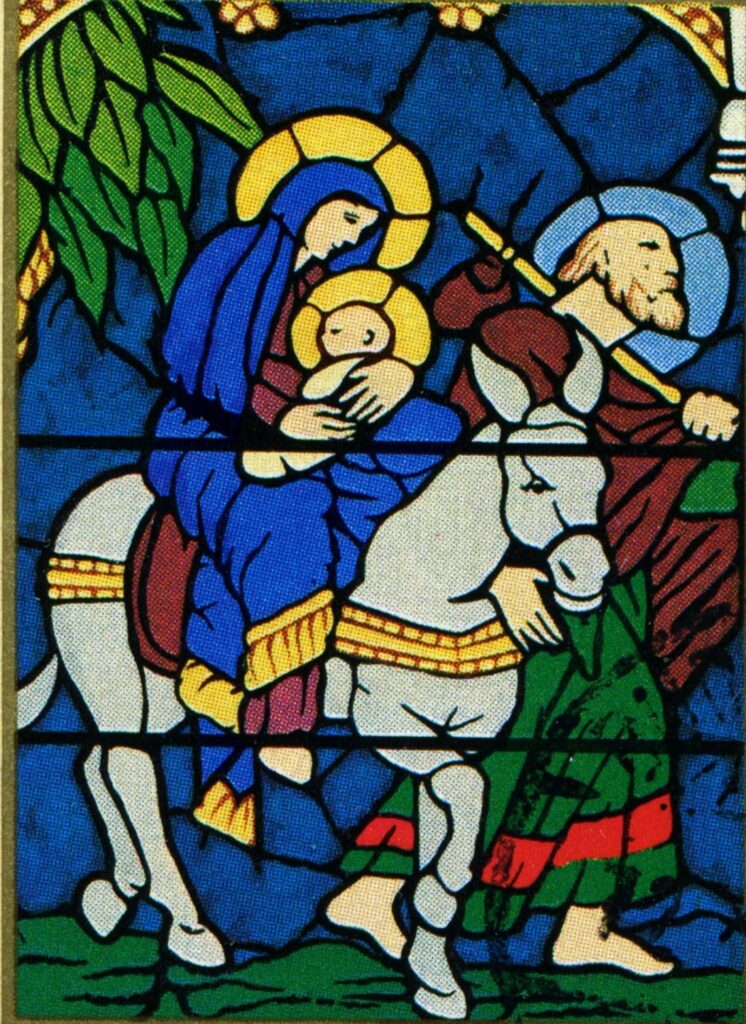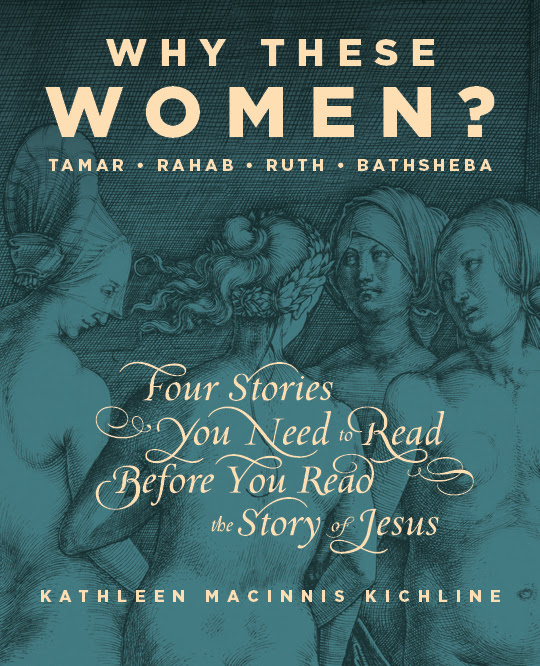The birth of Jesus for troubled times
By Kathleen Kichline

There are times in our lives and times in our world when Matthew’s telling is a more accurate rendering, when the circumstances Matthew describes resonate with our own experience. Matthew speaks of troubling dreams, Herod killing the children of Nazareth, and a family fleeing under the cover of darkness to seek refuge in a foreign land. This, too, is Christmas. It is “Christmas, The Rest of the Story.”
If we only focus on the familiar, beloved Lukan version, we can limit the manger to a gathering place for the wide-eyed child, for those singing “Joy to the World,” and for families reunited for the holidays. But Christmas is also for the one who just buried a loved one, for the parent who cannot afford food for their child—let alone a gift—for the sick, the confused, the addicted, and for those with nowhere to sleep that night. These may not recognize themselves in the perfection of the Lukan story, one we have painted over in the warm glow of Norman Rockwell scenes. The stark simplicity of the original telling has been spiced with gingerbread and peppermint, transferred to a snowy clime, plumped with festivities and food, and turned into a scene that resembles a Hallmark greeting card, a scene that painfully excludes those whose lives look nothing like that, whose lives are less than perfect, those, in fact, who are most in need.
What if the story were told instead of a father awakened by a nightmare to sit bolt upright in bed, cold with fear. Only it was no nightmare; it was warning, and it was real. He knew because the angel had warned him before and could be trusted. Evil, dangerous men were coming in search of his wife and his child, intent on murdering them in their beds. He only had time to awaken them, gather a few things, and flee into the night.
Guided by stars and perhaps more dreams, he leaned into the desert winds, looking over his shoulder, and shielding his family. They left all that they knew, uncertain of when or if they would return, and they descended into the foreign land of an ancient enemy, there to seek refuge and hide among those they did not know. And amid all that chaos, the story reaches its climax…that in the middle of all the chaos, God was with them.

Maybe if you have had cold sweats, have feared for your life or your child’s, have owned nothing more than what you could pack on your back, maybe if you have heard your neighbors’ screams in the night, have left behind family and friends, are alone, hungry and tired and aching, maybe you would hear this story and think, “Yes, that man is me. That story is like mine.” And when you heard the punchline, “God was with them,” you would be startled and look around to see if God could also be with you.
That might become your Christmas story, at least for this year. Once upon a time, you would say, when my life was in peril and at its worst, God was with me. That is what Emmanuel means, God-with-us. And that Christmas story would become your own.
_________________________________________________________________________________________
This article comes from Kathleen’s book, WHY THESE WOMEN? TAMAR, RAHAB, RUTH, AND BATHSHEBA (pp. 139-140); used with her permission. You can buy it on Amazon at https://www.amazon.com/Why-These-Women-Stories-Before/dp/B09R2WRK8W. Better yet, go to your local book store and ask them to order it for you!
